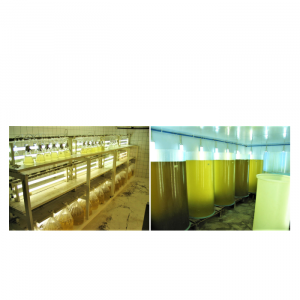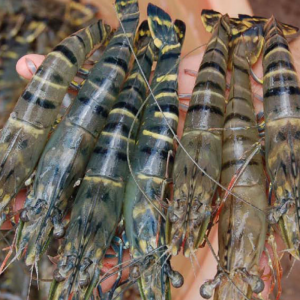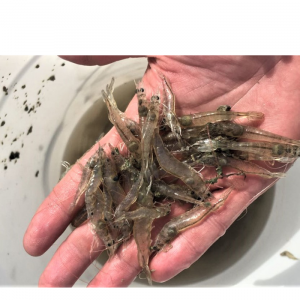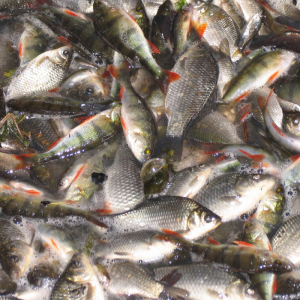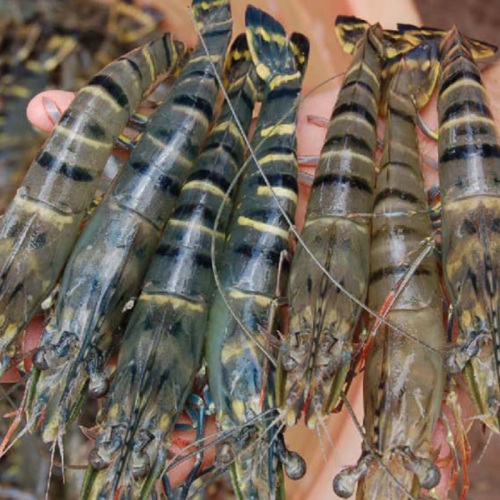
The Taste of Shrimp is Affected by pH
| Fri, 19 Nov 2021 - 15:44
Recent research by Hsueh-Han Hsieh has revealed that the organoleptic (flavor) quality of black tiger shrimp can be affected by low pH.
Black tiger shrimp (Penaeus monodon) is a staple of the shrimp industry worldwide and has a global trade value of US$10 billion. The annual output is about 1.5 million tons. Black tiger shrimp are widely farmed in coastal areas and coastal wetlands. These coastal waters are currently affected by ocean acidification, which could threaten and affect the future health, survival and meat quality of black tiger shrimp.
The flavor of seafood mainly comes from amino acids, nucleotides, sugars and mineral salts. Special amino acids can modulate the organoleptic qualities of shrimp, including sweetness, bitterness, and umami. In humans, amino acids activate taste receptors as well as nutrient requirements. Therefore, the concentrations and relative ratios of amino acids in shrimp have important implications for consumers and the shrimp industry.
Read more: Technology of Intercropping Tiger Shrimp - Crab - Mullet in Mangrove Forests
Previous studies have revealed that the organoleptic quality of shrimp can be affected by ocean acidification and that rearing shrimp in acidified (low pH) seawater will negatively affect the taste of shrimp. shrimp. Hsueh-Han Hsieh et al. 2021 exposed black tiger shrimp ( Penaeus monodon ) to different pH conditions that were 8.0 (current pH in coastal ecosystems) and 7.5 (future pH). hybrid when ocean acidification is rapid). Then evaluate the change in survival, growth, amino acid concentration in meat and sensory quality of black tiger shrimp meat under low pH condition compared with high pH condition.
Research results have shown a decrease in the content of some amino acids in shrimp meat when exposed to low pH. The production of amino acids representing the umami flavor showed a significant dependence on pH. Amino acids in shrimp meat provide strong evidence for the impact of acidified water on black tiger shrimp. The researchers also speculate that, under stressful conditions due to low pH, shrimp use higher energy to maintain metabolism and this reduces the concentration of certain amino acids observed in shrimp meat. .
In the study, 40 sensory test participants scored higher on the appearance, texture and taste of shrimp cultured at pH 8.0 than at pH 7.5. The first two factors that customers consider when choosing shrimp are appearance and taste. As ocean acidification increases, both of these factors are adversely affected. A decrease in customer satisfaction for shrimp grown or harvested in ocean acidification conditions will have the potential to affect the global aquaculture industry.
Read more: Prawn Farm Scales New Heights With High-Tech Vertical System
The results of the study provide insights into possible changes in the amino acids and flavor of meat and changes in the external structure of black tiger shrimp under future ocean acidification conditions. However, we cannot extend these changes to other shrimp species because the responses of marine species to ocean acidification are different.
According to Hsueh-Han Hsieh, Veran Weerathunga, W. Sanjaya Weerakkody , Wei-Jen Huang ,François LL Muller ,Mark C. Benfield & Chin-Chang Hung. The effects of low pH on the taste and amino acid composition of tiger shrimp.
Source: tepbac.com













